 18 January 2016
Falcon 9 Launches Successfully, Though First Stage Landing Fails
18 January 2016
Falcon 9 Launches Successfully, Though First Stage Landing Fails
...-sponsored spacecraft separately from the agency’s commercial cargo and crew programs. Jason-3 is the latest in a series of ocean monitoring satellites dating back more than two decades. The mission is a joint venture of several agencies in the...
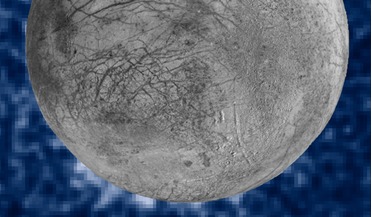 27 September 2016
Astronomers observe possible water vapour plumes on Europa
27 September 2016
Astronomers observe possible water vapour plumes on Europa
... having to drill through miles of ice, should a future mission to the icy world get the go ahead. "Europa's ocean is considered to be one of the most promising places that could potentially harbor life in the solar system," said...
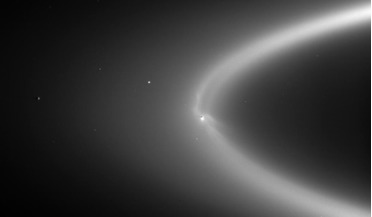 07 July 2017
Unexpected large methanol find near Enceladus
07 July 2017
Unexpected large methanol find near Enceladus
... the UK, is not thought to be jettisoned directly from Enceladus’s oceans but is a result of the chemical transformation of material spewed by ...icy moons in our outer Solar System could host oceans of liquid water and ingredients for life have sparked...
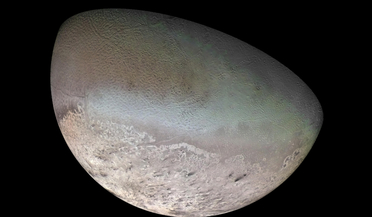 17 June 2020
NASA wants to visit Neptune’s weird moon Triton
17 June 2020
NASA wants to visit Neptune’s weird moon Triton
... isn't just a key to solar system science - it's a whole keyring: a captured Kuiper Belt object that evolved, a potential ocean world with active plumes, an energetic ionosphere and a young, unique surface,” Mitchell concludes. Trident is one of four...
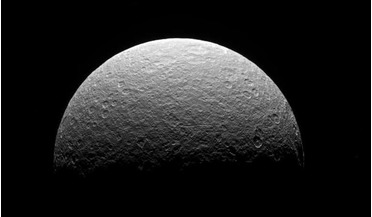 05 February 2021
Hydrazine might be present on Rhea, new study says
05 February 2021
Hydrazine might be present on Rhea, new study says
... on the surface of an icy satellite is difficult. Further more, their origin on Rhea would require the presence of an internal ocean layer or exogenic delivery by micro-meteoroids and/or asteroids that contain chlorine. Chlorine-based salts have been...
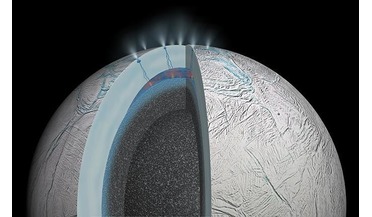 07 July 2021
Methane detected on Enceladus could be a sign of life, study shows
07 July 2021
Methane detected on Enceladus could be a sign of life, study shows
...icy moon appears to be producing too much methane in its ocean – a sign that could indicate microbes are feeding on vents...Obviously, we are not concluding that life exists in Enceladus' ocean," Ferriere says but we can't discard the 'life hypothesis' ...